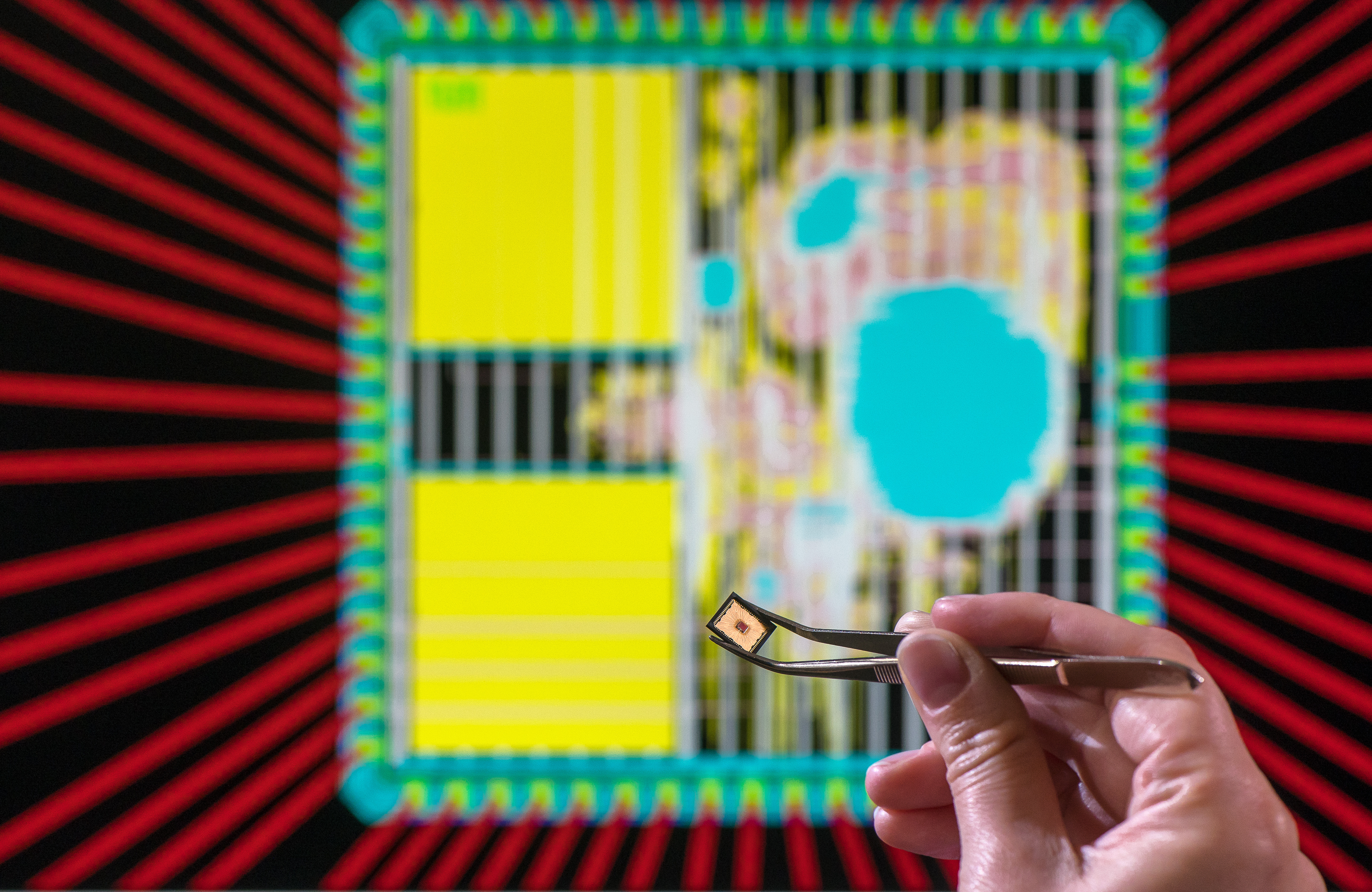Intel is making some mysterious moves in quantum computing
Intel has shipped a mysterious device to the Department of Energy’s Argonne National Laboratory

Intel has shipped a mysterious quantum computing device to the US Department of Energy’s Argonne National Laboratory (ANL), in an interesting development in the company's bid for quantum supremacy.
According to the ANL, Intel's contribution will slot into a broader quantum computing test that's being run at the lab.
"The machine will be the first major component installed in Argonne’s quantum foundry, which will serve as a factory for creating and testing new quantum materials and devices," says ANL's Leah Hesla. "It is expected to be completed this year."
Make quantum computing happen
ANL's Q-NEXT scientists will use Intel's quantum technology to run algorithms on its test bed, rather than a simulated environment, which both helps ANL and Intel assess where its quantum abilities are at.
"It’s going to take a lot of people working together to make quantum computing happen. We need to leverage everyone’s expertise," said Intel's Jeanette Roberts.
"It’s kind of a team sport. It’s a good area for collaboration in a precompetitive space."
Intel and ANL have been pretty vague on what, exactly, their computational power is going to be used for, which is understandable given the embryonic nature of the space itself. Intel has so far manufactured samples of its 22nm quantum chips, which it calls Horse Ridge I and II.
Quantum as an escape
It's no secret that Intel, after years of dominating the semiconductor and chip industry, is struggling somewhat.
Sign up to the TechRadar Pro newsletter to get all the top news, opinion, features and guidance your business needs to succeed!
TSMC and other fabrication rivals have far surpassed its technological prowess, helping Apple develop its superior A- and M-series chips for the iPhone and Mac.
Having brought on a new CEO, and planned tens of billions of dollars in investments, Intel has something of a plan to get out of the tight spot it finds itself in.
Quantum computing – which moves past the binary ones and zeros, allowing for states in between those – could be a good way to do so.
While Amazon, Google, IBM, and many others are also working on quantum chips and technology, it remains almost completely nascent and untested, meaning that Intel could, if it plays its cards right, get a leg up on its rivals.
Max Slater-Robins has been writing about technology for nearly a decade at various outlets, covering the rise of the technology giants, trends in enterprise and SaaS companies, and much more besides. Originally from Suffolk, he currently lives in London and likes a good night out and walks in the countryside.